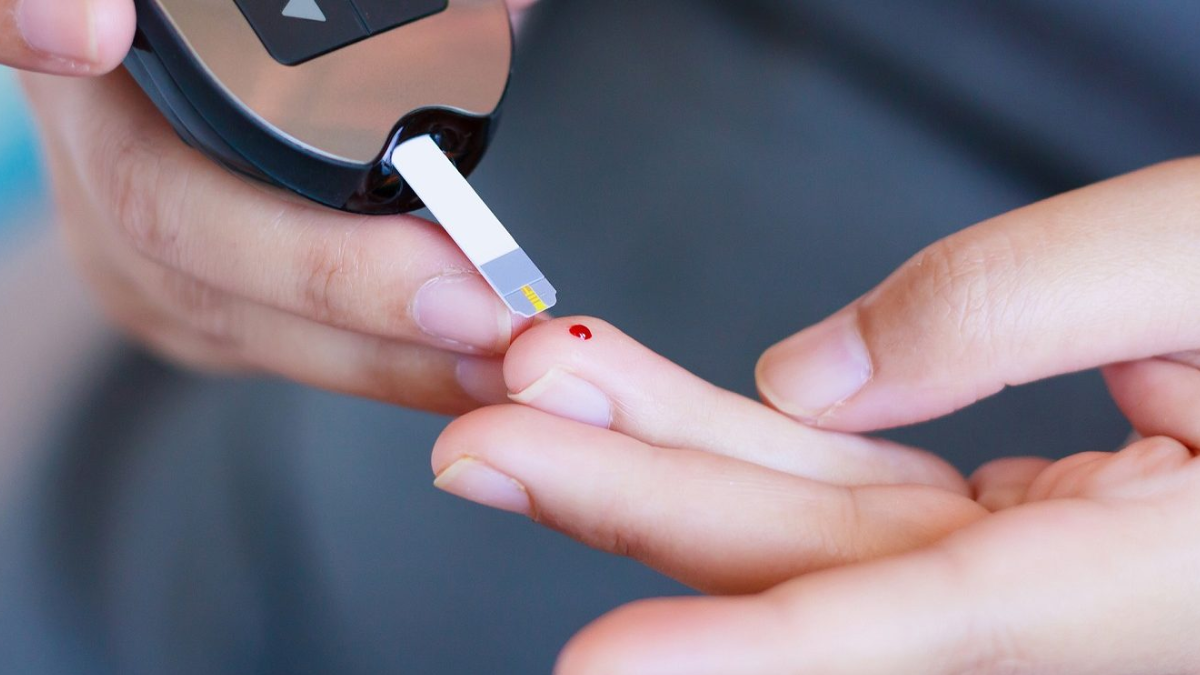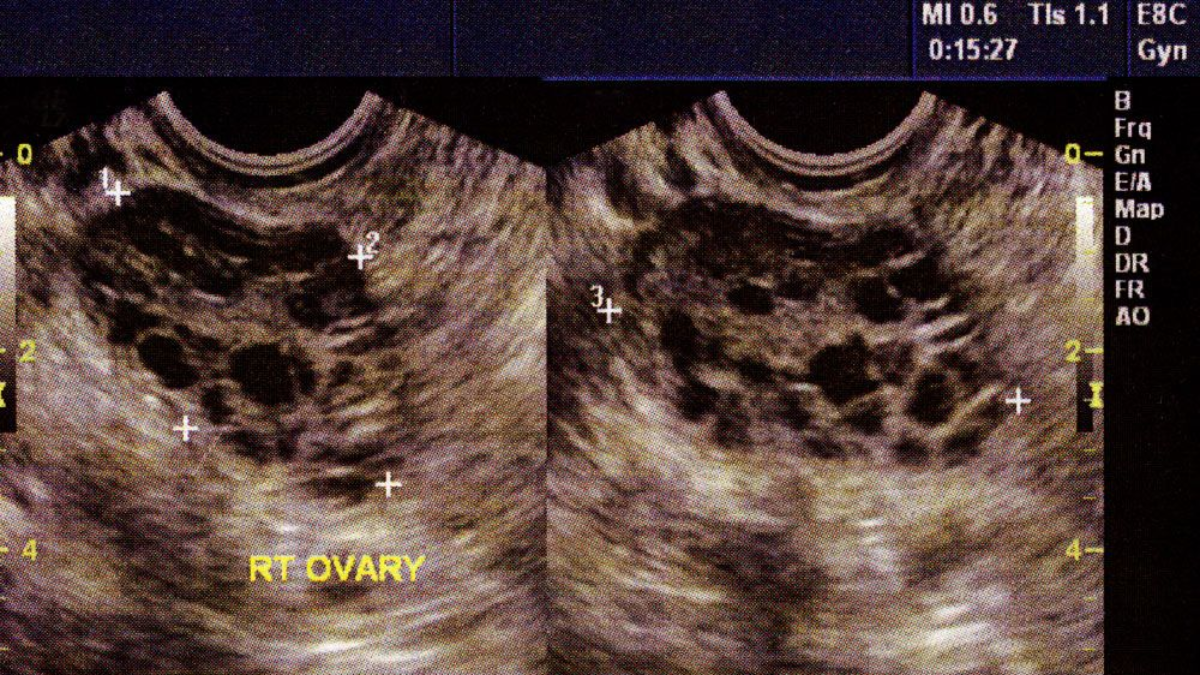Polycystic Ovary Syndrome (PCOS) is often associated with physical symptoms like irregular periods, stubborn weight gain, and persistent acne. However, a recent study from the Indian Institute of Technology Bombay has shed light on a lesser-known and more insidious effect of this hormonal disorder: its potential to impair cognitive functioning, particularly attention and response efficiency.
The Hidden Cognitive Burden of PCOS
In our hyperconnected world, where the ability to focus and multitask is crucial, the implications of PCOS on cognitive health are concerning. According to the IIT-Bombay study, women living with PCOS may experience significant declines in their attentional capacity. The researchers conducted a comparative analysis involving 173 women, 101 diagnosed with PCOS and 72 without the condition. The outcomes were startling.

Women with PCOS performed markedly worse on attention-based tasks. Specifically, when asked to focus on a single activity, their response speed dropped by nearly 50 per cent compared to women without PCOS. Moreover, their accuracy in completing these tasks was 10 percent lower. When tested on multitasking ability—often referred to as divided attention—the results were similarly disheartening. These participants were 20 per cent slower and made approximately 3 per cent more errors.
Top Stories
Hormonal Havoc Behind the Scenes
The study attributes this cognitive slowdown to two key physiological disturbances often seen in PCOS: elevated androgen levels and insulin resistance. These hormonal imbalances do more than affect weight and skin; they can also impair how brain cells communicate and process information.
Also Read: Stay Healthy on the Move: Top 10 Hygiene Protocols to Keep COVID-19 Away While Travelling
Insulin resistance, for instance, disrupts glucose regulation in the brain. Since glucose is a primary source of energy for neurons, any interference in its availability can slow down brain activity. This biochemical disruption may explain why many women with PCOS report feeling mentally sluggish, forgetful, or unable to concentrate—a phenomenon sometimes described as “brain fog.”

Emotional Health: A Compounding Factor
The cognitive impact of PCOS does not exist in isolation. Previous research has shown that women with PCOS are more likely to experience anxiety and depression. These emotional challenges can amplify the cognitive struggles, making it harder to concentrate or remember tasks. Chronic stress and low mood act as constant background noise, draining the brain’s ability to focus or shift attention efficiently.
Also Read: The 12-3-30 Workout: Is This Viral Treadmill Trick Really Worth The Hype?
In real-world scenarios, this might translate into difficulties at work, challenges in academic performance, or even forgetfulness in day-to-day routines, like missing appointments or forgetting directions mid-journey.
Managing PCOS Beyond the Physical
The IIT-Bombay findings reinforce the need for a more holistic approach to managing PCOS—one that considers both physical and mental well-being. The good news is that several lifestyle interventions can mitigate the cognitive symptoms.

Physical Activity
Regular exercise has been shown to enhance insulin sensitivity, stabilise hormone levels, and improve cognitive function.
Diet Adjustments
Consuming foods with a low glycaemic index can help manage blood sugar levels, preventing energy crashes and supporting consistent brain performance.
Stress and Sleep Management
Prioritising sleep and incorporating stress-relieving practices like meditation or yoga can regulate cortisol levels, a hormone closely tied to mood and cognitive health.
Professional Support
Women experiencing significant mental or cognitive symptoms should consider speaking to a healthcare provider. Cognitive Behavioural Therapy (CBT), mindfulness-based interventions, and appropriate medical treatment for PCOS can work together to alleviate both emotional and cognitive difficulties.
Bottomline
The IIT-Bombay study adds an important layer to our understanding of PCOS. It’s no longer just a hormonal or metabolic condition—it’s a cognitive health concern too. For millions of women living with PCOS, recognising the cognitive symptoms is the first step toward seeking comprehensive care that addresses both mind and body. By acknowledging and addressing these challenges, women can reclaim control over not just their physical health but their mental clarity and productivity as well.
